Sears, Uber, and Other Companies We Can’t Believe Are Still in Business
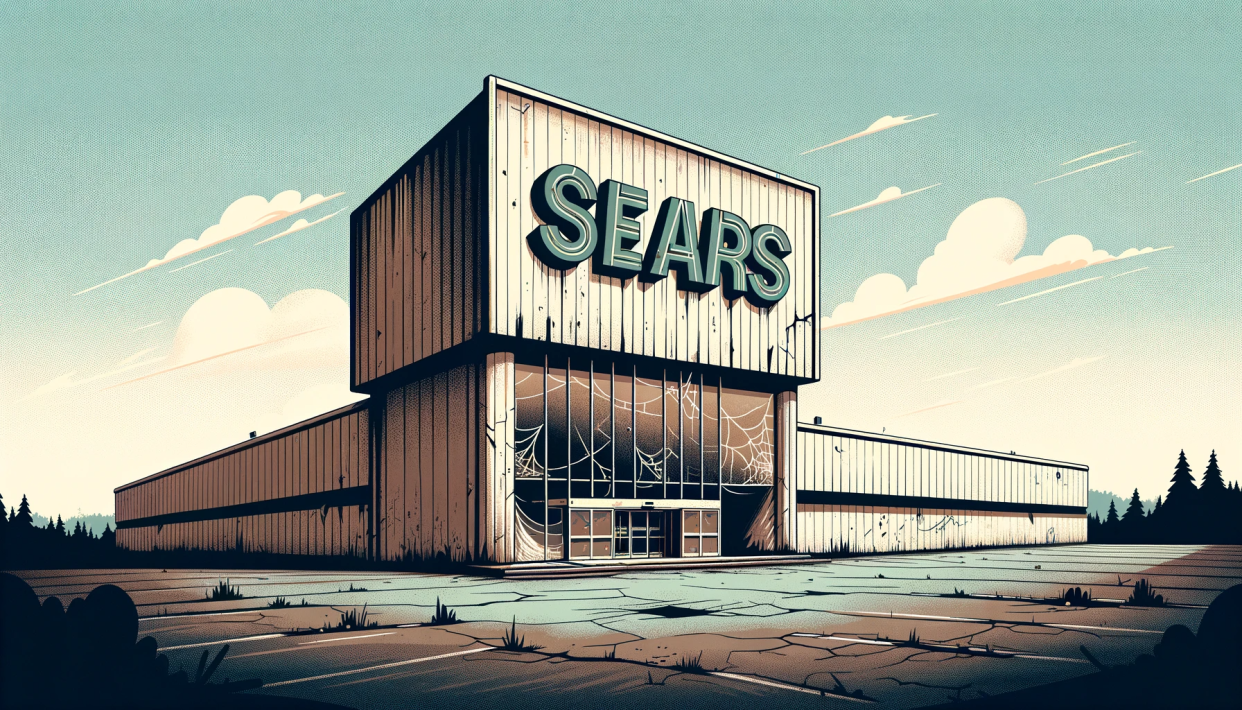
Neither Boom Nor Bust
Have you ever passed by a business — maybe a grimy typewriter repair shop or a photo lab— and wondered how they’re still around? Well, we’ve got nine pretty incredible examples of companies that are hanging by a thread. Redditors picked these failing businesses because of their surprising tenacity.
Related: Legendary Department Stores That Have Closed Their Doors

1. BlackBerry (Formerly Research in Motion)
Founded in 1984
Credited with creating the first smartphone, BlackBerry used to be a mobile phone titan. But its success peaked in the early 2010s when it had more than 70 million subscribers. Readers know the rest of the story: Google and Apple took over the entire market. Still, Blackberry is chugging along, buoyed by its transition to cybersecurity and internet of things services.

2. AOL
Founded in 1983
Like BlackBerry, AOL was a pioneer in the tech industry, providing dial-up services, instant messaging, and internet access to Americans in the 1990s. Its fall from greatness came after the rise of broadband internet, which forced the company to transition to digital content and advertising. Today, AOL and Yahoo! are owned by the private equity firm Apollo Global Management.
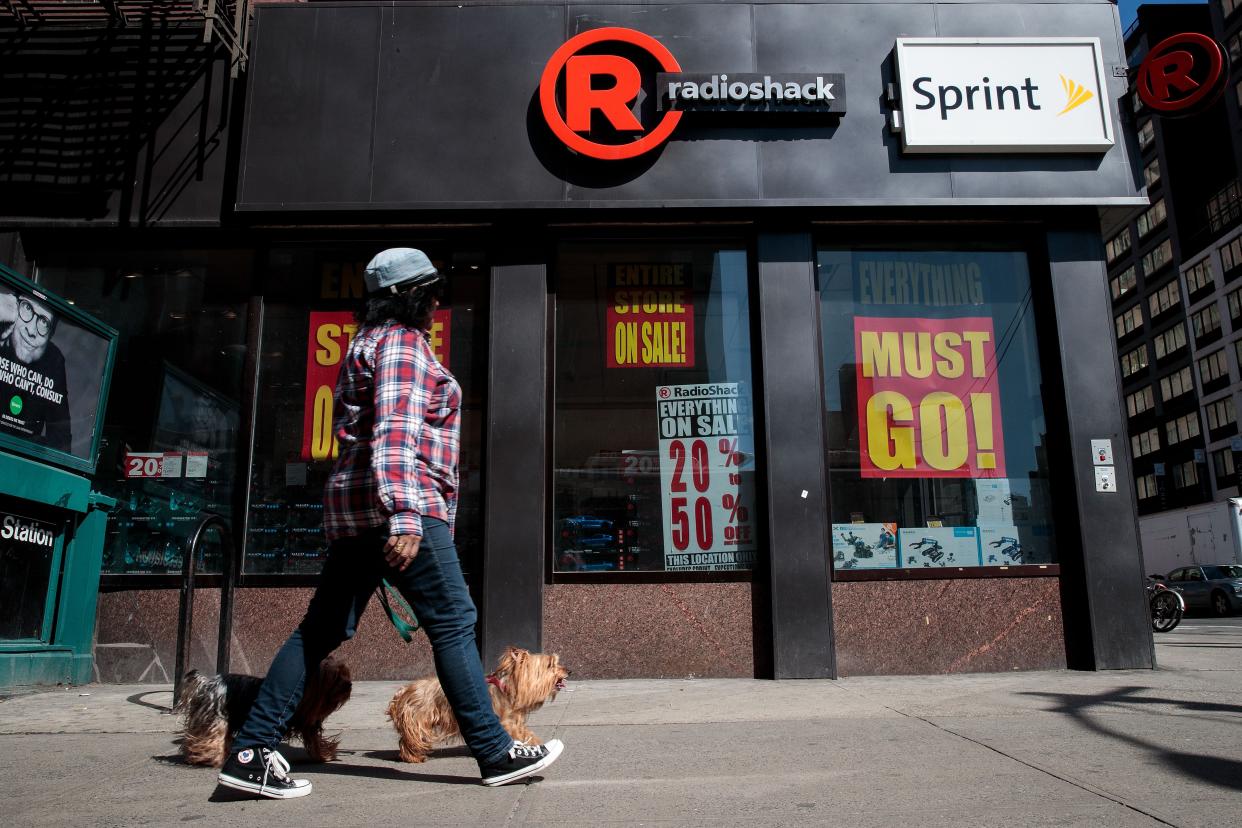
3. RadioShack
Founded in 1921
Even after over 100 years in business and two bankruptcies, RadoShack is somehow still around. The company traces its beginnings back to amateur radio, though it switched its business model to hobbyist electronic equipment in the 1960s. Despite having success in the 1980s and ‘90s, RadioShack went downhill, marred by a slew of bad decisions, such as failing to ramp up e-commerce in time to compete with Amazon. And yet, there’s some evidence that RadioShack could make a comeback, with its new owners planning to bring back its bricks-and-mortars stores.
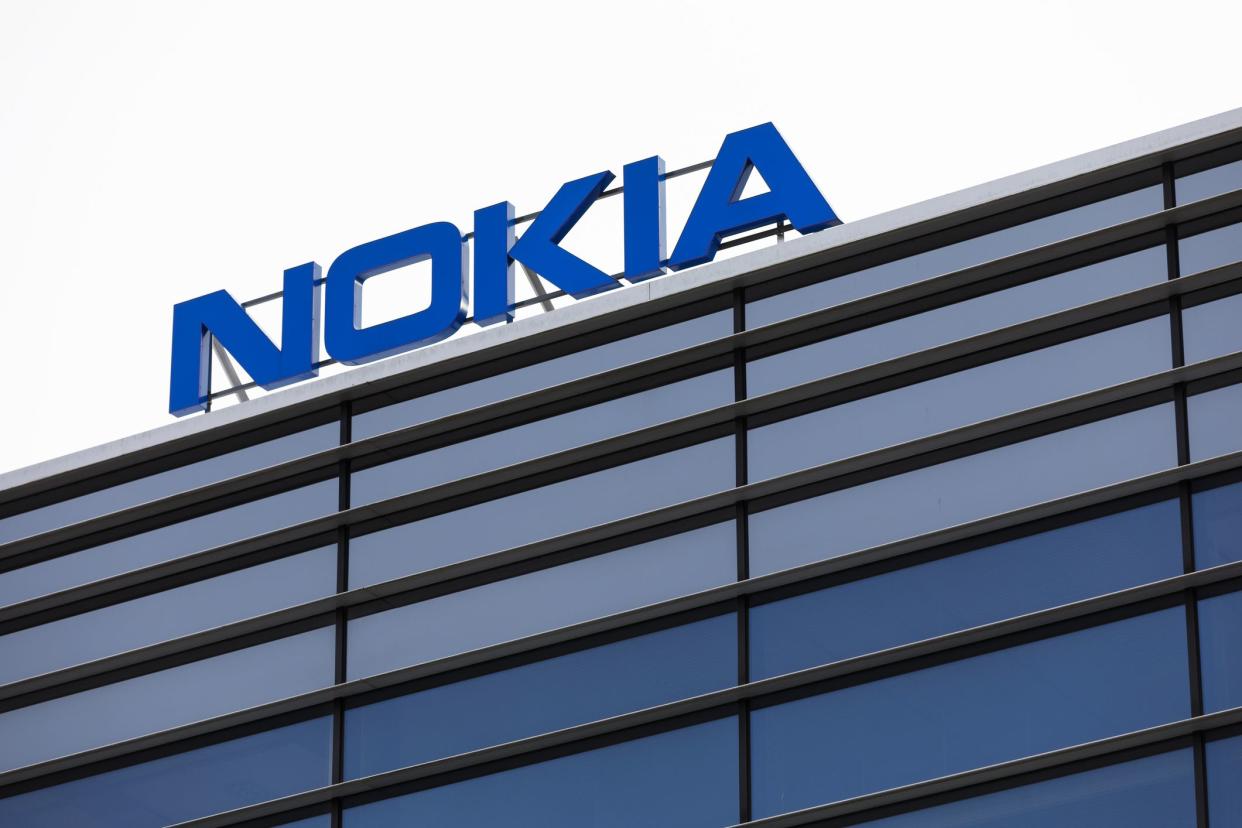
4. Nokia
Founded in 1865
If you’ve heard of Nokia, you probably associate the Finnish company with its mobile phones, which were popular in the 2000s. But since the decline of the flip phone, the company has abandoned that industry, instead making money by selling networking equipment and licensing patents. The Finnish company changed its logo this year to shed its old reputation as a mobile phone company.
Related: Do You Pay for Unlimited Data? You're Probably Wasting Your Money, According to a New Survey
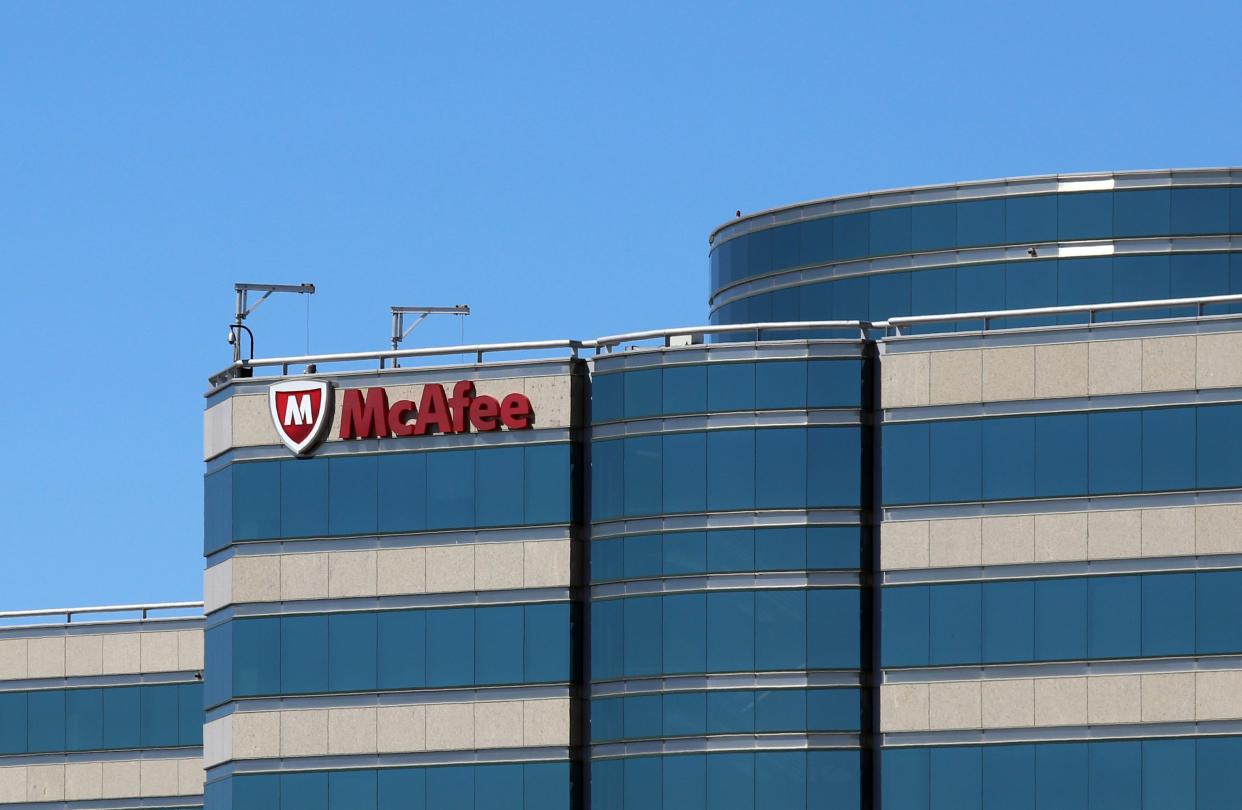
5. McAfee
Founded in 1987
Now that Windows Defender does a decent job of providing antivirus protection, it’s surprising that companies like McAfee and Norton are still around. Unlike McAfee, which starts at $29.99, Windows Defender is free and doesn’t involve a bunch of annoying pop ups. And yet, McAfee persists. However, it’s hard to know exactly how the company is doing these days, as McAfee went private in 2021.
For more business news and trends, sign up for our free newsletters.
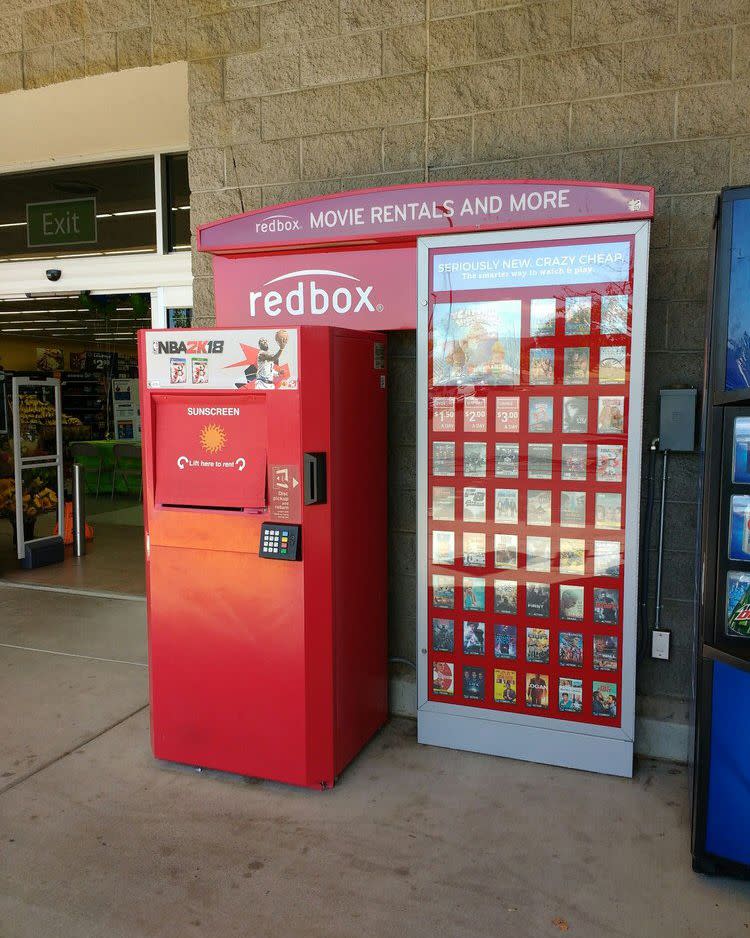
6. RedBox
Founded in 1963
In the era of streaming, it’s impressive that RedBox still offers more than 34,000 DVD kiosks across the country. But to the company’s credit RedBox is trying to get with the times, pivoting to various streaming options, including on-demand video and free live TV. That said, the company’s DVD rental service may soon be obsolete, as physical media becomes increasingly rare.
Related: Products You Never Thought Would be Obsolete
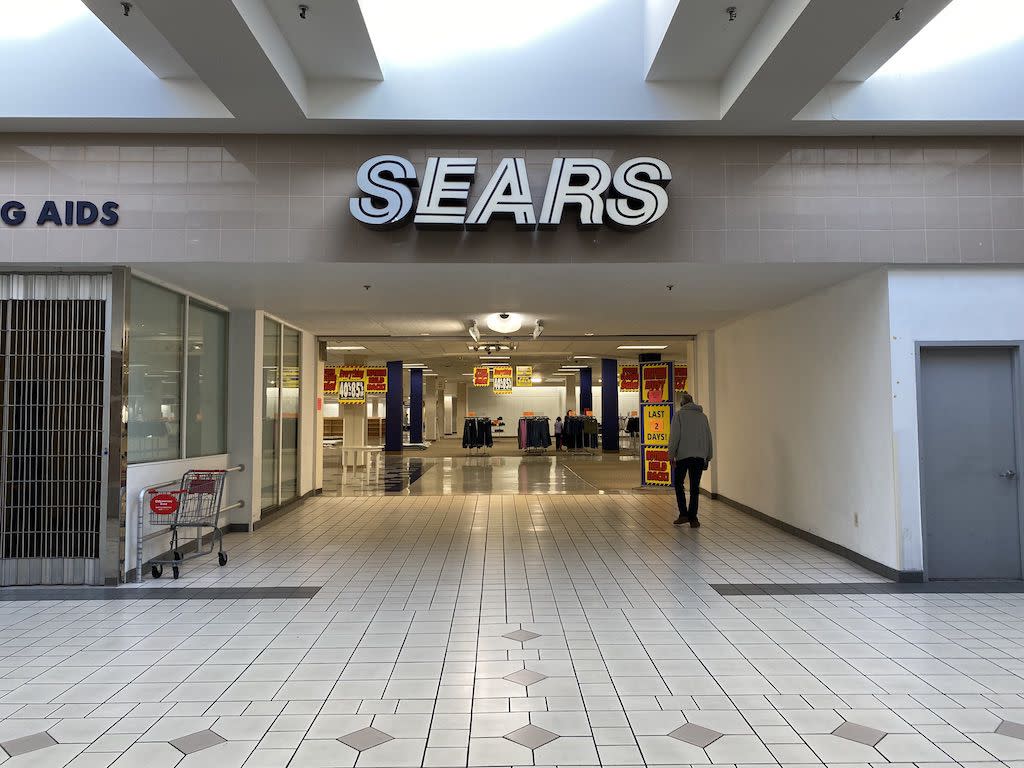
7. Sears
Founded in 1893
Known for its catalogs and department stores, Sears was a household name in America. However, with the advent of e-commerce and more agile competitors, Sears struggled to keep up, leading to bankruptcy in 2018. The company is now a shadow of its former self, with only a few stores remaining, as it attempts to find a new path in the retail landscape.
Related: Devastating Photos of Dying Sears and Kmart Stores
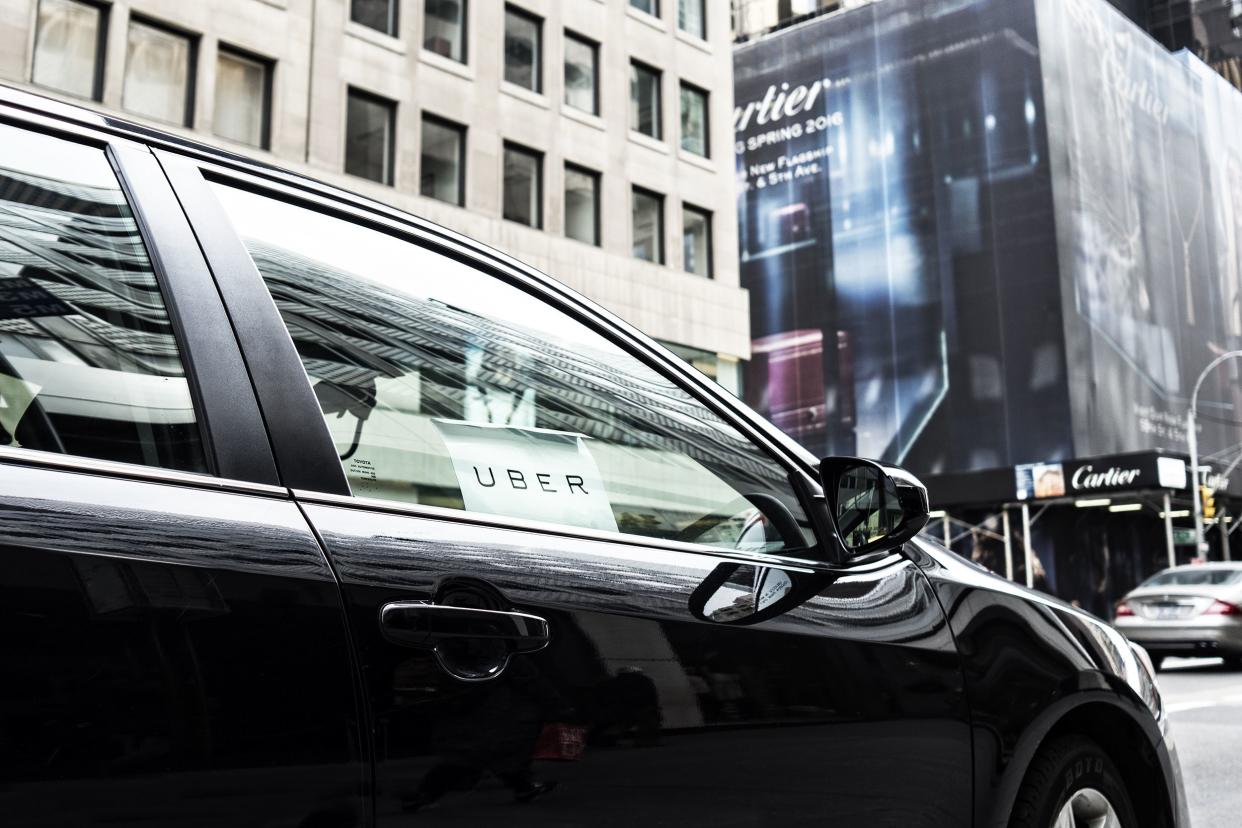
8. Uber
Founded in 2017
Uber reported its first operating profit in 2023 … six years after its founding. That left some Redditors scratching their heads: How does a huge company keep functioning without a profit? It turns out that investing in unprofitable companies is commonplace these days, as investors privilege growth over profitability, Paul Condra, lead analyst of emerging technologies at startup research firm PitchBook, told Recode. “As we’ve seen during most of the recovery period since the Great Recession, investors are not so margin-focused, but continue to put a premium on businesses with long-term future expansion or disruption potential,” Condra explains.
Related: Horror Stories From Notoriously Toxic Workplaces

9. Travel Agencies
Online booking platforms and travel apps reign supreme, so the persistence of traditional agencies seems almost quaint. Yet, surprisingly, they're still in business. The over 90,000 travel agents still working in the U.S. cater to niche markets such as luxury travel, cruises, and complicated itineraries that benefit from a human touch. Their survival speaks to the fact that, even in a digital world, there's still a place for personalized service and industry expertise.
